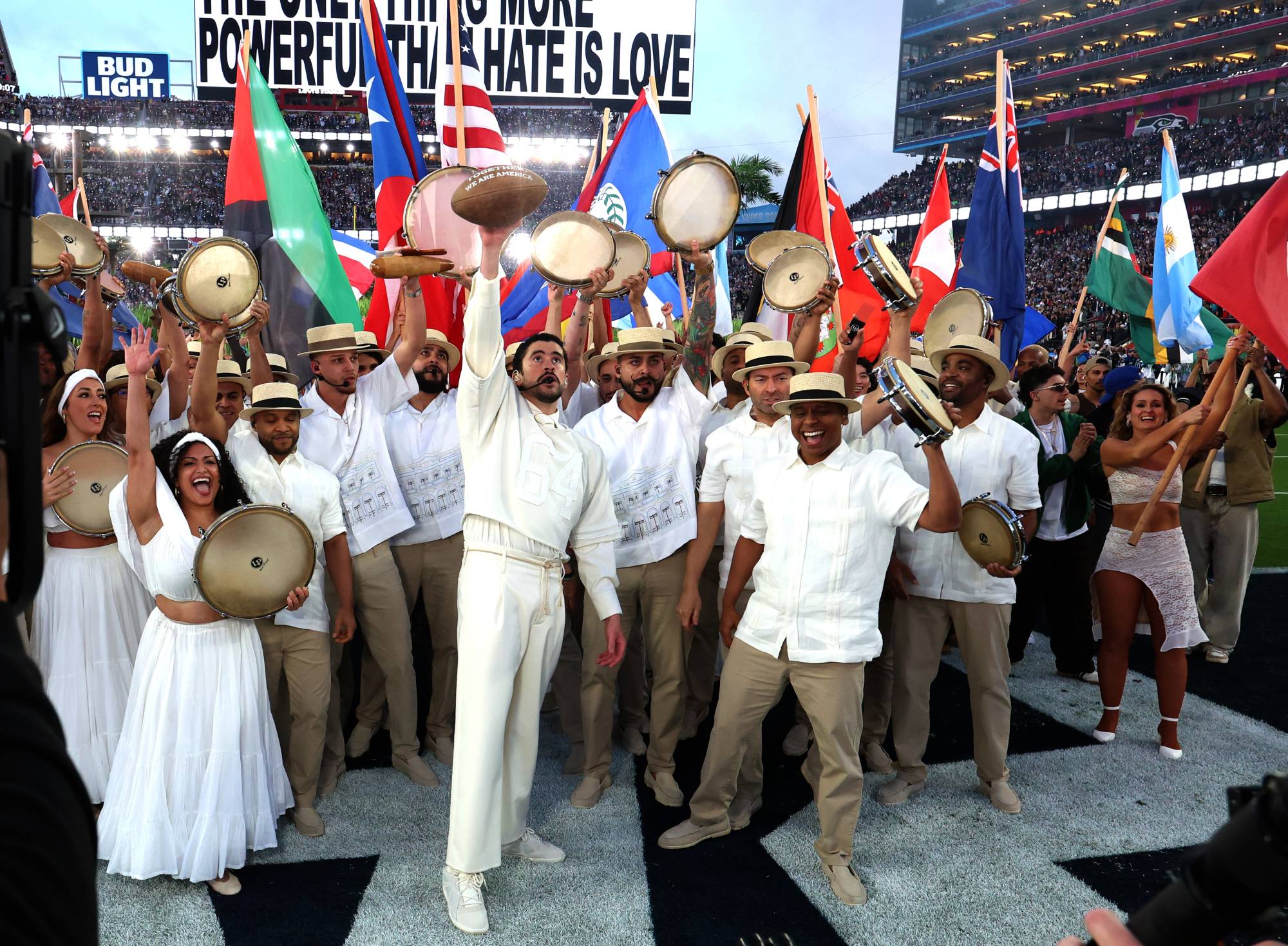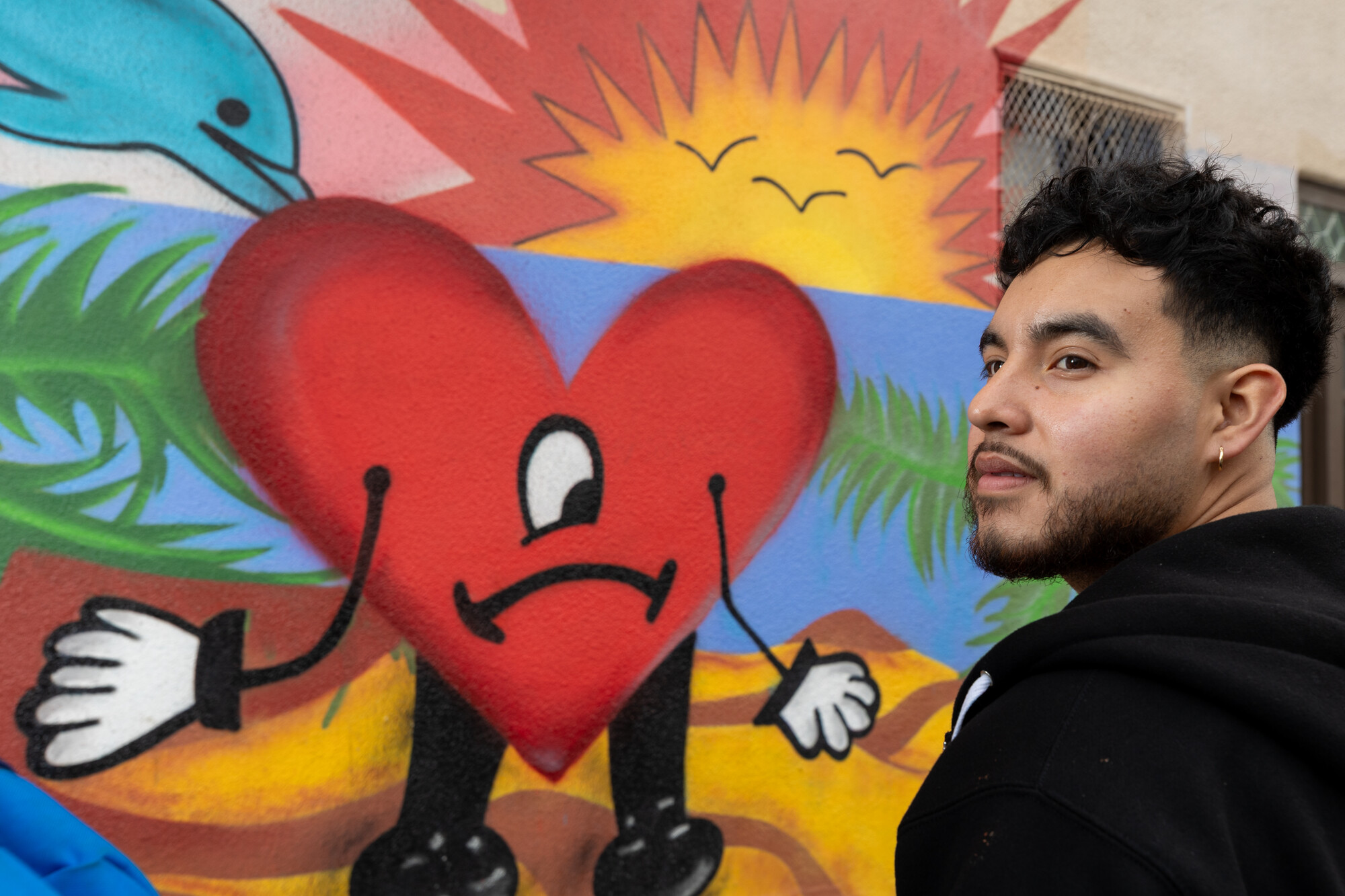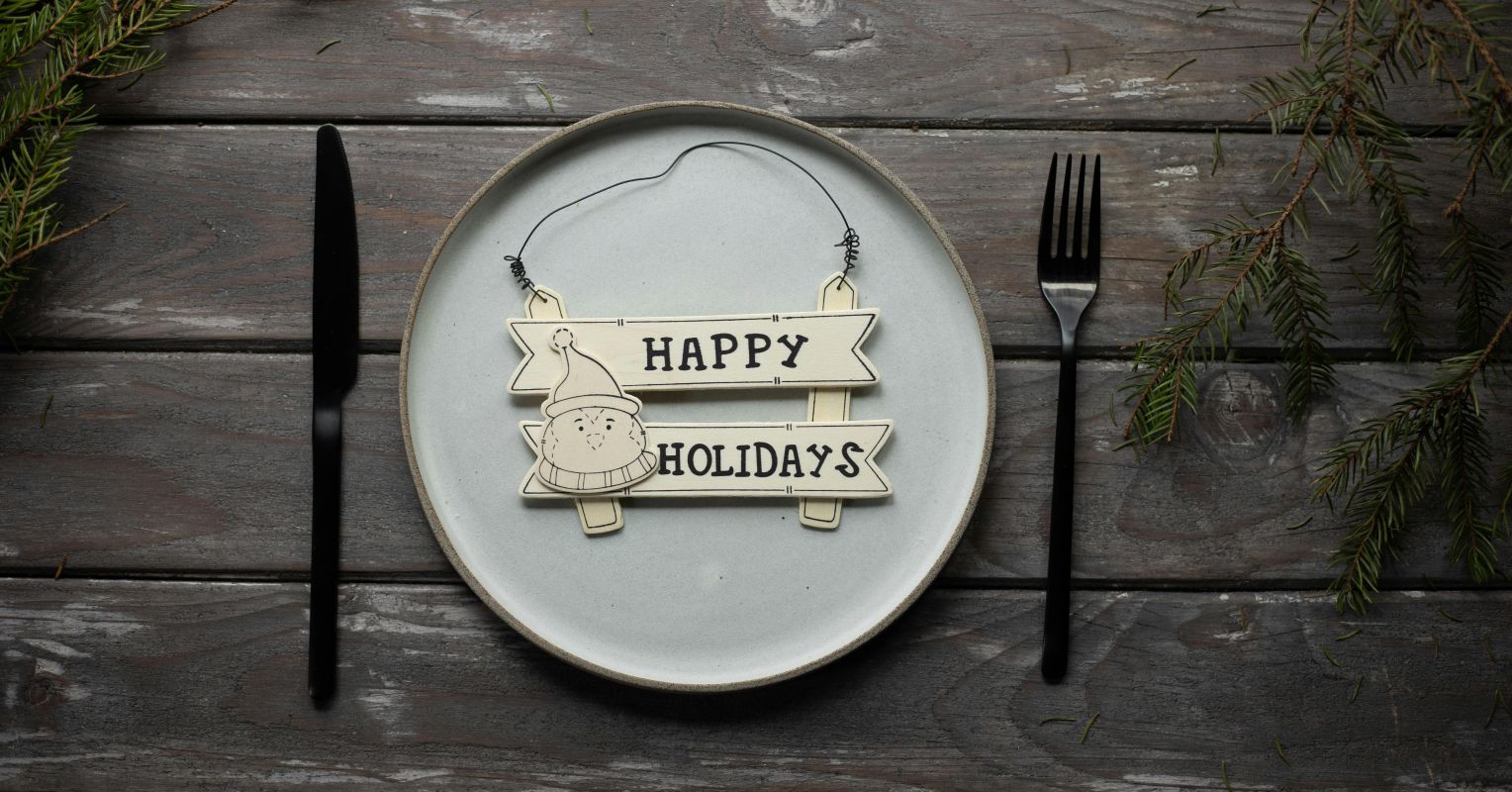Upper West Side
fromdesignboom | architecture & design magazine
11 hours agoassembled from steel fence components, white picket chair challenges the american dream
Han Seungmin transforms stainless steel fence components from Asian and West Indian neighborhoods into a functional chair that challenges conventional notions of the American Dream and immigrant aesthetics.












